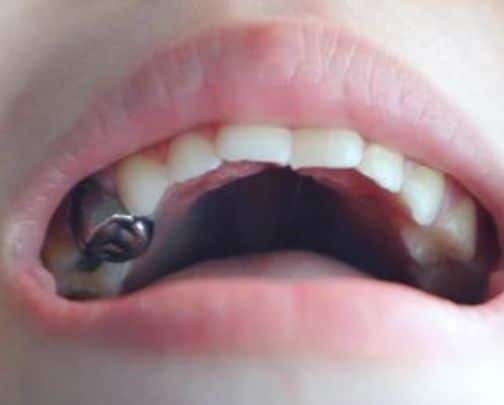Dental Crowns
Dental Crowns for Protection and Restoration RI
In the realm of dental care, the notion that a damaged tooth could self-repair perpetuates hope. Regrettably, teeth lack the intrinsic ability to heal or rejuvenate their compromised enamel. Fear not, for we stand poised to intervene, offering a solution to both shield and renew the tooth’s integrity through the application of a dental crown.
Dental crowns emerge as a multifaceted remedy, exhibiting the prowess to safeguard a vulnerable tooth from potential infections, refurbish a compromised tooth, veil a dental implant, secure a dental bridge in its designated position, and deliver an aesthetically pleasing, natural visage.
For those grappling with a weakened or injured tooth, the pathway to fortification and enhancement unfurls by securing an appointment with us for the transformative intervention of a dental crown.
What are dental crowns?
A dental crown serves as a cap enveloping the tooth, primarily employed to restore a damaged tooth but also serving aesthetic purposes. Crowns can be crafted from three distinct materials: all-metal, ceramic-on-metal, and all-ceramic. The choice of material depends on the crown’s location within the teeth. All-ceramic crowns are preferred for front teeth to achieve a natural appearance. Alternatively, patients often opt for ceramic-on-metal crowns, combining a natural look with the durability inherent in metal.
What are dental bridges?


Before the Procedure
RI Dental Crowns and Dental Bridges
Book an Appointment Now!
Dental Crowns and Porcelain Crowns Near Me in Rhode Island
Arcadia Dental is your premier destination for the top dental care in Rhode Island! Are you in search of expertly crafted dental crowns to restore your smile’s brilliance? Look no further, as we specialize in providing impeccable dental crown services tailored to your needs. We know the importance of a radiant smile and the confidence it brings. That’s why we offer a wide range of services, including dental crowns, porcelain crowns, and tooth crowns, all conveniently located near you in Rhode Island. Our experienced team of dental professionals utilizes the latest techniques and technologies to ensure optimal results. Whether you require a dental crown for cosmetic purposes or to restore functionality, we’ve got you covered.
Searching for porcelain crowns near you? Look no further than Arcadia Dental. Our porcelain crowns are meticulously crafted to blend seamlessly with your natural teeth, providing both durability and aesthetics. Say goodbye to imperfections and hello to a flawless smile with our porcelain crowns in Rhode Island. Experience the difference with tooth crowns at Arcadia Dental. Our custom-made tooth crowns are designed to address a variety of dental issues, from restoring damaged teeth to improving overall appearance. Trust our skilled team to deliver exceptional results that exceed your expectations.
We also offer tooth gems in Rhode Island to add a touch of sparkle to your smile. Enhance your dental aesthetics with our exquisite tooth gems, expertly applied by our trained professionals. Your satisfaction and comfort are our top priorities. Schedule your appointment today and discover why we’re the preferred choice for dental crowns in Rhode Island. Transform your smile and elevate your confidence with Arcadia Dental.
